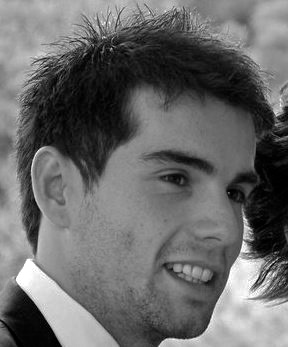Luca Di Mario, Selwyn College, 2009-2010
Luca graduated in Environmental Engineering from ‘Sapienza- Università di Roma’ in 2007. Right after his graduation he worked as water engineer in the Sahrawi refugee camps (South Algeria), where he designed a water distribution system for a hospital and conducted a pilot project for micro-irrigation systems powered by photovoltaic energy.
After the experience in the camps, he continued his studies with a Master of Science in Environmental Engineering at Imperial College London. His dissertation focused on rural and peri-urban sanitation for low-income countries in Nepal where he spent one month.
In 2009, Luca joined the University of Cambridge as MPhil student in Engineering for Sustainable Development, after he was awarded a ‘Bill and Melinda Gates’ scholarship. During the year he mainly focused on sustainable infrastructure solutions for the developing world.
Dissertation title
“Approaches for adaptive water management in the Tiber River Basin” supervised by Dr R Fenner
Students report:
After the MPhil, Luca worked as consultant for the UN – International Fund for Agricultural Development as Water Management specialist. He worked on irrigation and water infrastructure projects in India, Bangladesh and Ethiopia and he coordinated two research grants on the effectiveness of Water Users’ Associations in Asia and Near East and North Africa.
He re-joined the Centre for Sustainable Development in 2012 as PhD student. His research focused on a comparative analysis of business cases and models for resource recovery and reuse (i.e. nutrients, water and energy) from solid waste, excreta and wastewater in developing countries. The research was part of a joint IWMI, Sandec/EAWAG and WHO research project, funded by the Swiss Development and Cooperation Agency (SDC).
Right after completing his PhD, Luca worked as consultant for the World Health Organization (WHO), developing and testing a global monitoring framework for the Sustainable Development Goals target 6.2 and 6.3.
Since October 2016, he joined the Asian Development Bank (ADB) - South Asia Urban and Water Division as Urban Development Specialist.
His professional and academic interests remain focused in waste and sanitation infrastructure development and finance in developing countries, with a major interest in Public Private Partnerships.

